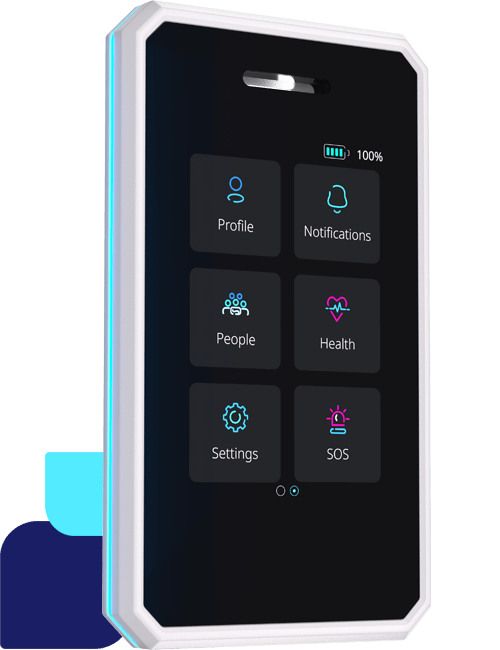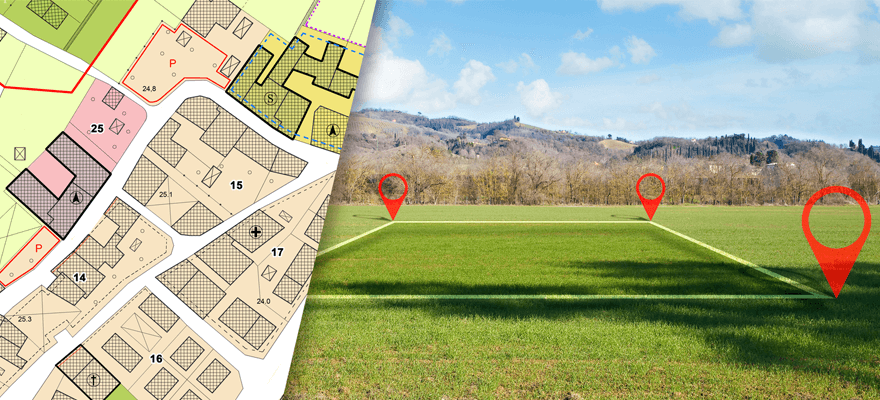In this article, we look into how real time location systems can help organisations to enforce zonal restrictions. Sometimes for security, safety, or specific requirements, companies have zones which have restrictions in place. For example, only employees from a certain department can perform a task within an area – because they have a certain type of training. Other entry criteria might be used, such as seniority, job title, training records, skills, or even length of service.
To reiterate, zonal restrictions may not always mean that only entry or exit are controlled. Instead, a zonal restriction might be that only someone with particular training may carry out a task in an area, or to ensure that at least one member of staff is present at all times during a period of time. There are plenty of other examples, each with different use cases for different industries.
What is a real time location system?
Real time location systems such as Sense often consist of devices which relay an employee’s location to a dashboard which can be monitored remotely by management. We call our devices, SenseBadges. Employees that carry a SenseBadge are logged in to the system using biometric authentication, meaning managers know who is using which SenseBadge.
The software that comes as part of a real time location system can be used to set up the geofences, where zonal restrictions will be in place. This means when a SenseBadge crosses the threshold of the geofence, the software can perform a task or send an alert, using a pre-built workflow.
What might some examples include?
For example, in retail, zonal restrictions may alert managers when staff leave a zone. Those zones may be geofences on a shop floor, simply to help ensure that staff are adequately spread across the store in order to help customers and respond quickly to any potential incidents (security, safety or other). This helps managers to know when an area is unstaffed and redirect the workforce as necessary.
In facilities management, zonal restrictions might mean that only certain employees can perform tasks in that zone. This helps companies know that employees with appropriate levels of training and qualifications are completing work which requires formal certifications. Such as electrical work, or working with hazardous chemicals.
If you’d like to learn more about how Sense can help you enforce zonal restrictions, get in touch today.







